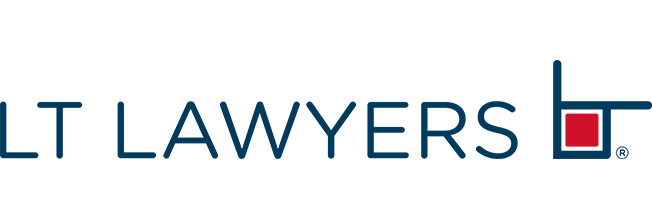- There are multiple reasons people move across borders: war, famine, business opportunities, family reunion, better environment for growth and education, and so on. For instance, in the PRC, there has been an upward trend of people leaving their homes to settle in other destinations. This is particularly the case for its high net-worth individuals, wary of the PRC’s “zero-covid” policy, mediocre economic growth and potential political instability. In light of such flow of the people and (more importantly) the money they bring, countries and regions have put in place various investment immigration schemes to attract talents and capital.
- Such schemes, like the movement of people across borders in general, create opportunities as well as dangers. For example, some fraudsters may take advantage of the people’s lack of knowledge of the scheme and the place where they are headed to, by obtaining their trust and misuse the same in luring them to invest their capital in dubious investment products in satisfaction of the requirements of obtaining permanent residency in that area. It goes without saying that these fraudulent schemes often end with fraudsters dissipating the assets and themselves nowhere to be found.
- In this article (full text in Chinese), we have explored from our recent case experience as examples two types of suspected scams (involving share and bond investments respectively) associated with the Capital Investment Entrant Scheme, introduced by the Hong Kong government in 2003 and suspended in 2015, dissecting the modus operandi of such suspected scams during the process and highlighting the sway the suspected fraudsters hold over the investor upon obtaining his/her trust.
- From our observations, these types of suspected scams have become unfortunately more prevalent recently. An enhanced understanding of the modus operandi of these suspected scams would encourage the public to detect the same more promptly and thereafter take appropriate and swift measures to minimize any loss.

